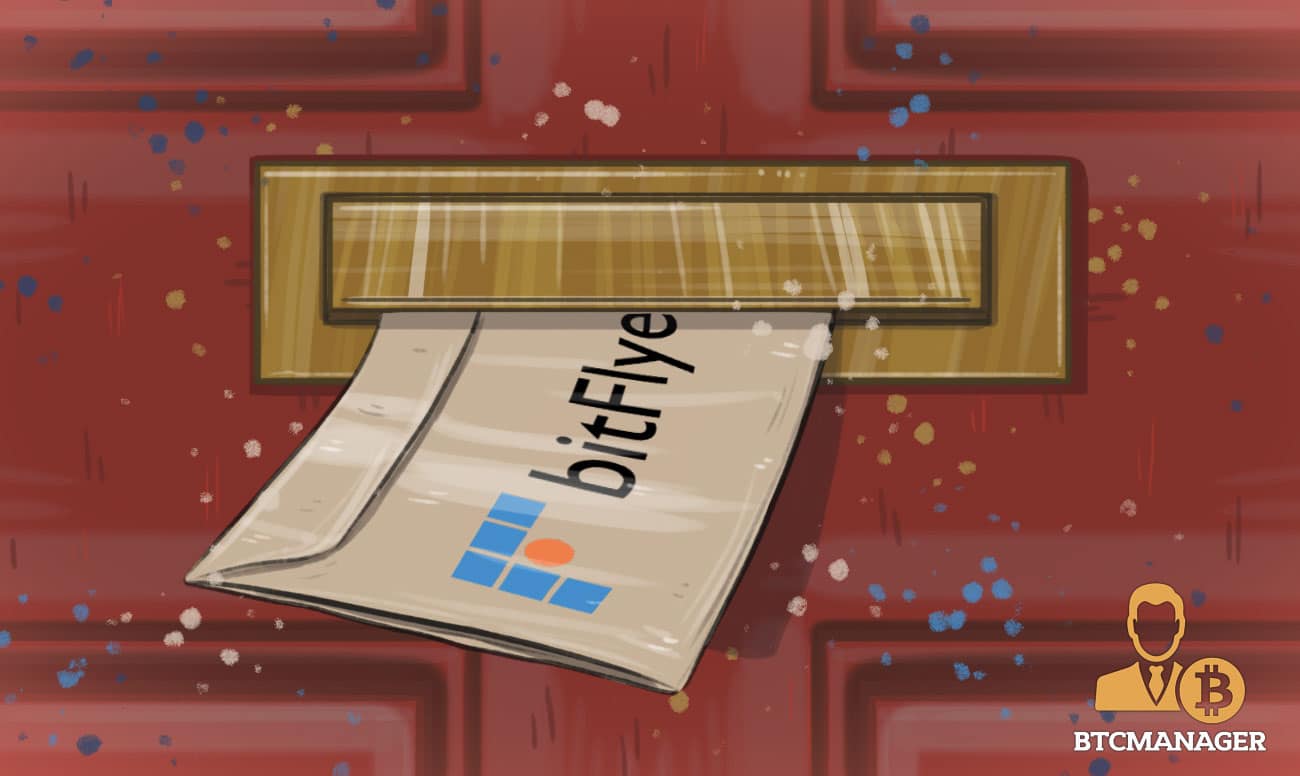Crypto Exchange bitFlyer Upgrades User Verification Process after FSA Criticism

BitFlyer, one of the largest cryptocurrency exchange platforms based in Japan has made some changes to its user verification process. BitFlyer user verification element was introduced after the platform came under scrutiny from the Japanese Financial Services Agency (FSA), on account of the perceived weakness of the platform’s user verification regulations.
BitFlyer is one of the more prominent cryptocurrency exchange platforms operating in Japan, with many successful funding rounds from big banks in the country. The platform is also at the heart of pioneering mainstream bitcoin adoption in Japan as users can make bitcoin purchases for select items using the platform.
The New User Verification Process
In response to the FSA query, the platform has stated via its website announcing that it will be upgrading its user verification process. Beginning from April 26, users will not be able to make crypto deposits or fiat withdrawals without having first completed the user verification process.
To verify their identities, users must receive a postal letter from the exchange platform. The new user verification rules also affect users who use bitcoin to pay for goods via the platform. The service will be disabled for such users until they have completed the user verification exercise as well.
While the platform is taking steps to strengthen its user verification process, it has denied any allegations of not complying with know-your-customer (KYC) rules. The platform, however, maintains that it is willing to fully cooperate with the FSA in a bid to strengthen the existing anti-money laundering (AML) measures.
Financial outlet, Nikkei had published a story on Thursday, 12 April 2018, indicating that the FSA had issued a query to bitFlyer over its weak user verification process. According to the report, unverified users can to initiate transactions on the platform after having only submitted a scanned copy of their ID cards. The FSA believes money launderers could exploit such a loophole.
Tougher Regulatory Environment for Cryptocurrency in Japan
BitFlyer is not the only cryptocurrency exchange platform that has come under the microscope of the FSA. Since the Coincheck hack in January 2018, the finance regulatory watchdog has taken a more hands-on approach to its monitoring and regulation of the cryptocurrency market. In recent years, Japan has managed to establish itself as a haven for crypto firms in the Asian theater looking to move away from the unfriendly climes in countries like China and South Korea.
The FSA recently suspended two cryptocurrency exchange platforms over what it called inadequate KYC/AML protocols. The FSA has also carried out an on-the-spot assessment of the security infrastructure of many cryptocurrency exchange platforms including Coincheck.
Such has been the robust nature of the FSA measures that the agency has even reportedly clashed with Binance, the largest cryptocurrency exchange platform in the world. Though unconfirmed, this clash is said to have been a significant factor in the decision of Binance to move to Malta.















